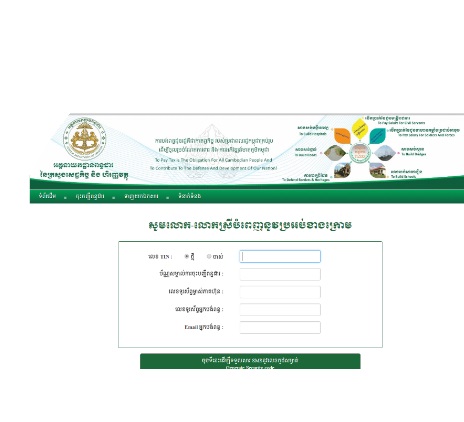Services
Our progressive thinkers offer services to help create, protect and transform value today, so you have opportunity to thrive tomorrow.
Our services can strengthen your business and stakeholders' confidence. You'll receive professionally verified results and insights that help you grow.
Our tax services help you gain trust and stay ahead, enabling you to manage your tax transparently and ethically.
Our outsourcing services remove the burden and worry of back office processes and reporting requirements across multiple jurisdictions.
Growing demand in energy and resources, plus developments in new forms of energy and investment in sustainability sees significant shifts in these sectors.
Forward-thinking organisations must examine every part of their business to turn the challenges facing the financial services industry into opportunities.
Emerging markets and shifting demand creates new opportunities in food and beverage, we can help you turn these trends to your advantage.
Dynamic businesses need to move with speed and purpose if they want to capitalise on opportunities in hospitality and tourism.
Working with all types of not for profit clients; charities, housing associations, education providers and trade unions, we understand your unique issues.
Our public sector teams provide services tailored to your industry in four key service areas, Operational efficiency, Infrastructure, Governance, and Audit.
Supporting you with pragmatic, tailor-made solutions for improvement and growth, through every stage of the business life cycle.
Whether your goal is to enter new markets, scale operations, manage costs, source funding or comply with regulations, we can help you to succeed.
Other Disclosure
The firm has rotated out as the independent auditor of ACLEDA BANK PLC. after completing the statutory audit of the Group’s and Bank’s financial statements as...
